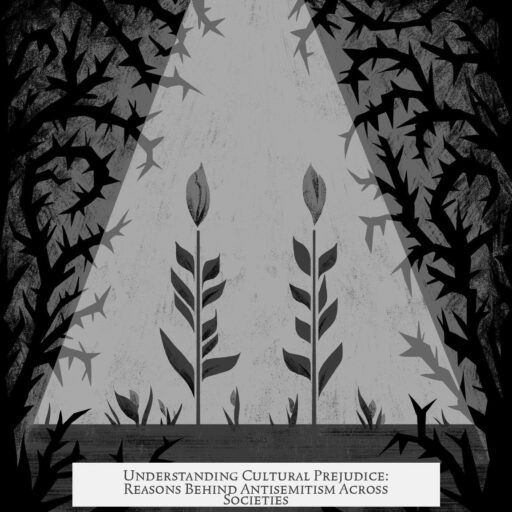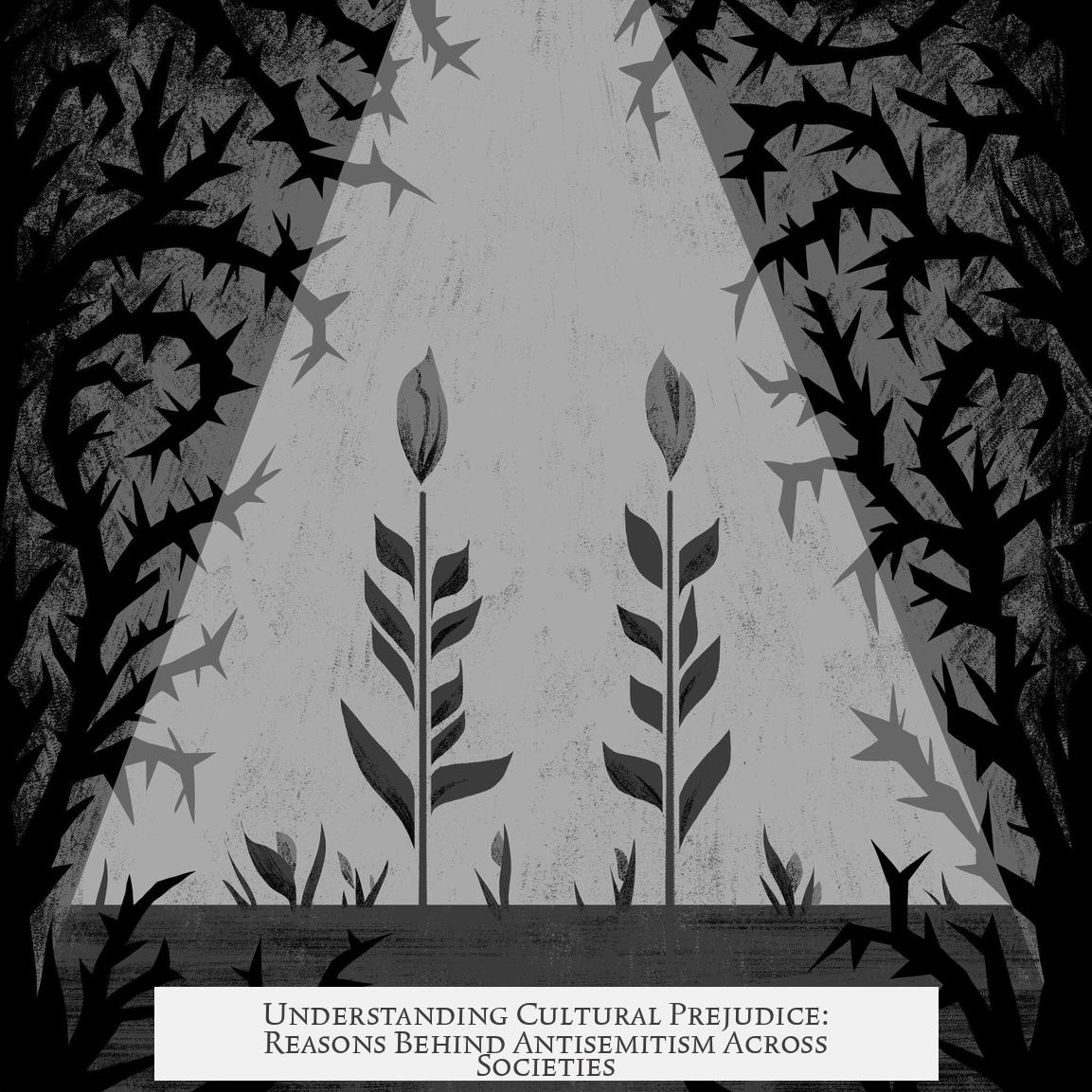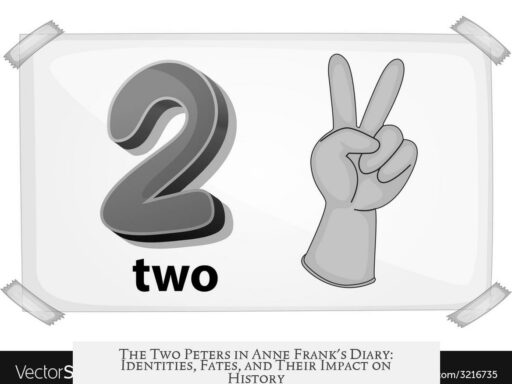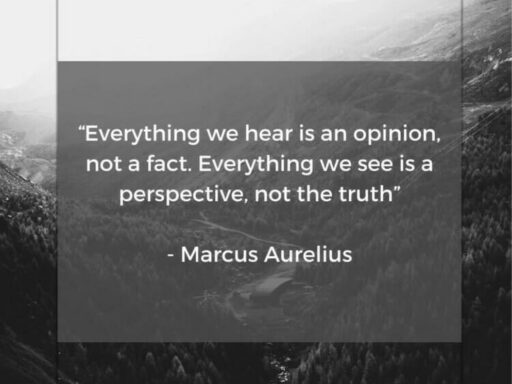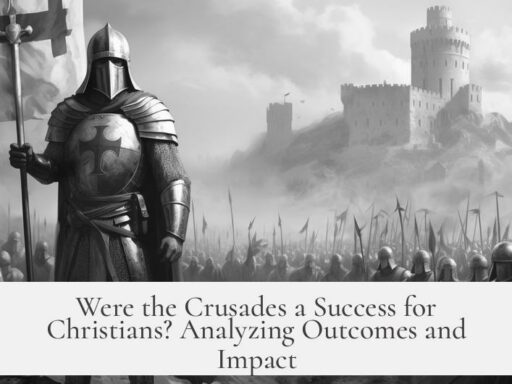People across different cultures hate on Jews due to a complex interplay of irrational prejudice, historical scapegoating, religious othering, economic motives, nationalism, and racial theories. Antisemitism is not rooted in any actions or beliefs of Jewish individuals but arises from deep-seated biases, conspiracy theories, and social dynamics entrenched for centuries.
Antisemitism is fundamentally irrational. The hatred toward Jews does not stem from the Jewish people themselves but originates from the persecutors’ prejudices and false narratives. Historically, Jews were frequently the most visible minority, making them easy targets for blame during social, economic, or political crises. This scapegoating has no factual basis but persists as a harmful cycle shaped by misinformation and fear.
Religious othering notably contributed to antisemitism within Christian-majority societies. Since ancient times, Jews lived under Christian rule with conditional tolerance. They faced restrictions on residency, professions, clothing, and were often portrayed as responsible for the death of Jesus. This portrayal fueled stereotypes and violent myths like “blood libel,” which falsely accused Jews of ritual murder. Such myths incited hatred and violence, reinforcing the notion of Jews as outsiders.
Economic and political scapegoating also played a crucial role, especially during times of crisis. For instance, during the Black Death, Jewish communities were accused of causing the plague, resulting in massacres and expulsions. Monarchs in medieval Europe sometimes expelled Jews to erase debts owed to them. The 1491 expulsion from Spain further institutionalized suspicion against Jews and converts, framing them as an alien people. These actions cemented Jews’ status as the perpetual “other.”
The 19th century introduced new dimensions with nationalism and scientific racism. Nationalist ideologies demanded clearly defined nations often excluding Jews, who were depicted as a race without a homeland. Thinkers like Gobineau advanced racial theories that justified exclusion and prejudice. False documents like the Protocols of the Elders of Zion, forged by Tsarist secret police, propagated conspiracy theories alleging Jewish world domination—a myth disproven but influential, feeding antisemitic movements including Nazi ideology.
The Holocaust represents the horrific culmination of antisemitic conspiracy theories, racial hatred, and nationalist extremism. Even after World War II, antisemitism persists globally. It often manifests as accusations of dual loyalty or conspiracy, intensified by political conflicts like the Israeli-Palestinian situation. Antisemitism’s longevity means it adapts to new contexts yet retains core themes of exclusion and dehumanization.
Modern antisemitism also features contradictions. Jews are simultaneously portrayed as dangerous outsiders and as manipulative insiders controlling finance or politics. They face conflicting accusations across political spectra, showing the irrational nature of the hatred. Antisemitic beliefs spread beyond Europe with colonialism, embedding themselves in many societies worldwide.
The founding of Israel in the mid-20th century shifted dynamics further. Jewish communities in some Muslim-majority countries, which had been relatively tolerant, experienced rising antisemitism and expulsions amid heightened regional tensions.
At its core, antisemitism often reflects rejection of Jewish values such as ethical monotheism, equality, and justice. These values, historically introduced by Jews, challenge other societies’ moral frameworks. Paradoxically, antisemitism attacks those very principles, blaming their bearers instead of addressing societal issues.
- Antisemitism is driven by irrational prejudices, not Jewish actions.
- Religious othering in Christian societies laid early foundations for hatred.
- Economic and political scapegoating reinforced antisemitic myths during crises.
- Nationalism and 19th-century racism reshaped antisemitism with racial and conspiracy themes.
- The Holocaust was the tragic outcome of sustained antisemitic ideology.
- Modern antisemitism persists globally, adapting to new political and social contexts.
- Antisemitism conflicts with and often rejects Jewish ethical values.
